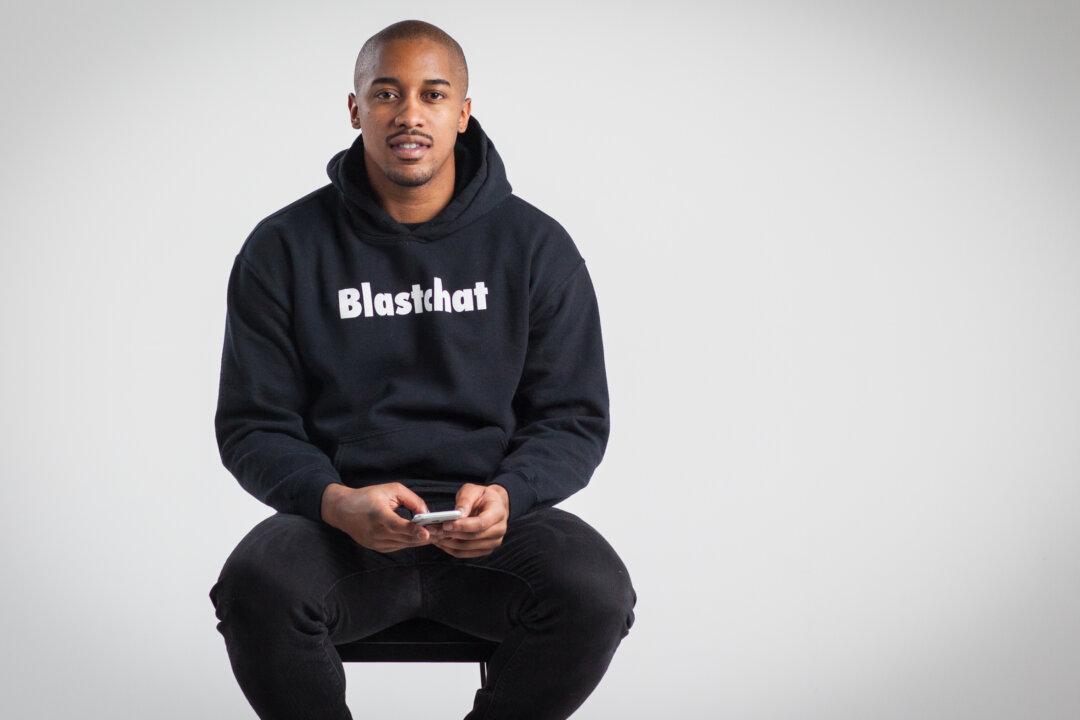NEW YORK—Jhamar Youngblood didn’t want to be a nerd. He was a basketball player, a rapper. But he really, really liked math and computers.
Such interests were problematic for an African-American child who wanted to be cool in Elizabeth, New Jersey, where drug deals and shootouts were the norm. To fit in with his peers, Youngblood consciously decided to suppress his interest in technology.
“I had to battle with getting picked on for being into technology,” he said. “It wasn’t something I was comfortable with exploring.”
It wasn’t until Youngblood (a Cherokee surname) left his hometown and went to college that he began to teach himself how to code. As he watched programming videos on Youtube, a spark lit in his mind.
By age 27, Youngblood was making inroads in the tech industry. He developed and launched an app on iTunes by himself last August and has a product manager interview lined up with Google.
Although he has a master’s in globalization studies from Dartmouth College, he felt he received his most valuable education from programming videos on Youtube. As the number of free resources that teach computer science grows, Youngblood often wonders why there aren’t more black people working in the tech industry. At Google, African-Americans make up 1 percent of its tech workforce; at Yahoo, 1 percent; at Twitter, 2 percent.
As he looks back on his childhood, he said one aspect of the problem is that young blacks tend to think working in tech is a betrayal of identity. Youngblood has made it his mission to show them that computer science and “blackness” are not mutually exclusive.
Rethinking Social Identities
African-Americans consistently experience the highest level of poverty in the United States. Although poverty declined for other races as the nation’s economy improved, the statistics for blacks in poverty remained stagnant in recent years, according to a 2015 Pew Research Center report.





